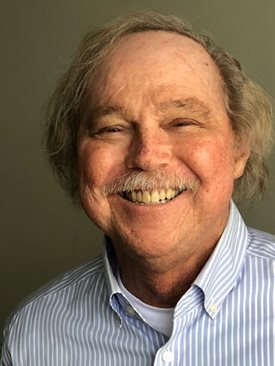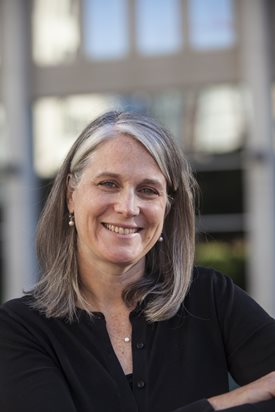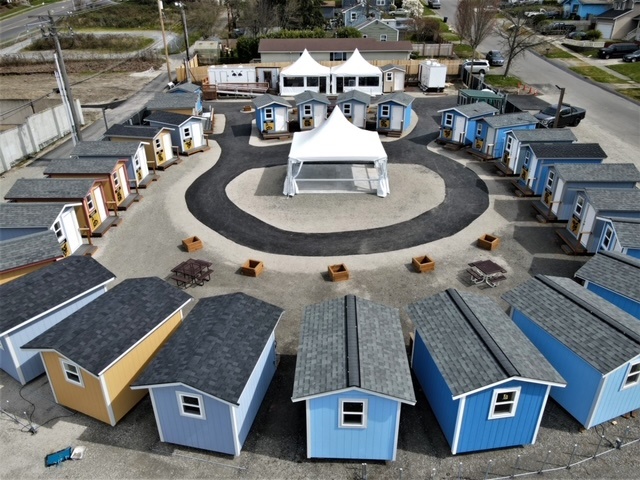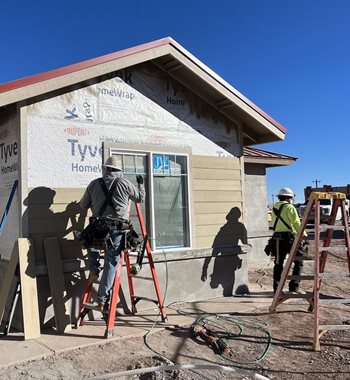"Every community can be a place of opportunity," shares Steve Barbier, senior relationship manager for the Western Region at NeighborWorks America. The tenet underscores NeighborWorks' decision several years ago to better understand how to be of service to Native communities.
 "We haven't had much of a footprint in Indian country," says Barbier, who has a passion for and commitment to making home loans available on Tribal lands. For years, the NeighborWorks network included only one Native-led organization, now known as Native Partnership for Housing. "We had to do some catch-up and recognize that this is a population we could do more for."
"We haven't had much of a footprint in Indian country," says Barbier, who has a passion for and commitment to making home loans available on Tribal lands. For years, the NeighborWorks network included only one Native-led organization, now known as Native Partnership for Housing. "We had to do some catch-up and recognize that this is a population we could do more for."
What NeighborWorks needed, says Lee Anne Adams, senior vice president of national initiatives, was consistency and a strategy. In 2019, NeighborWorks held a convening to focus on developing a Native strategy, with the idea of partnering with Native-led organizations and expanding investment in Native communities including American Indian, Alaska Native and Native Hawaiian communities. NeighborWorks wanted to work on relationships both inside and outside the organization. The internal NeighborWorks working group, Akwe:kon, which means "all of us" in Mohawk, provided guidance, as did a number of Native-led nonprofits.
In the months since, NeighborWorks has taken steps to move forward. This year, NeighborWorks added two Native-led groups as affiliates to its nearly 250 network organizations. Lakota Funds, with a  mission of promoting economic sustainability on the Pine Ridge Reservation and Rosebud Reservation and surrounding area, was the first Native Community Development Financial Institution (CDFI) in the country. Oweesta Corporation, meanwhile, several months ago became first Native counseling agency to be HUD-approved. It's also a Native intermediary, reaching several dozen tribal communities. Having them as part of the network sends a message that there's an opportunity here to collaborate, Barbier says.
mission of promoting economic sustainability on the Pine Ridge Reservation and Rosebud Reservation and surrounding area, was the first Native Community Development Financial Institution (CDFI) in the country. Oweesta Corporation, meanwhile, several months ago became first Native counseling agency to be HUD-approved. It's also a Native intermediary, reaching several dozen tribal communities. Having them as part of the network sends a message that there's an opportunity here to collaborate, Barbier says.
Native homeownership was, in 2019, at 50.8 %, according to the U.S. Census Bureau. There was also a 46% loan denial rate on tribal trust and restricted lands, Barbier adds. NeighborWorks America wants to help change that. "I think our value-added work could be in building capacity for Native homeownership through thought leadership, public policy reform and building capacity through local intermediaries," Barbier says.
In addition to issuing grants to Native and Native-led nonprofits, NeighborWorks is also hiring to fill a new position, that of Director of Native American Partnerships, Adams shares. The director will be charged with leading corporate-wide planning and implementing NeighborWorks Native commitment and partnership efforts.
But this is, leaders hope, the beginning. While NeighborWorks has invested in Native communities in the past, "our support hasn't always been comprehensive or consistent," Adams says. "This is an area where we felt like we and our network had a lot of interest in having greater impact." She points out that in having that impact, it's imperative to lead with cultural competency, respect, and sovereignty. One of our important principles in our recommendations is doing this in partnership with the native-led organizations. We're not trying to take their place; we're trying to strengthen their position."
A number of NeighborWorks network organizations already have partnerships with Native-led



